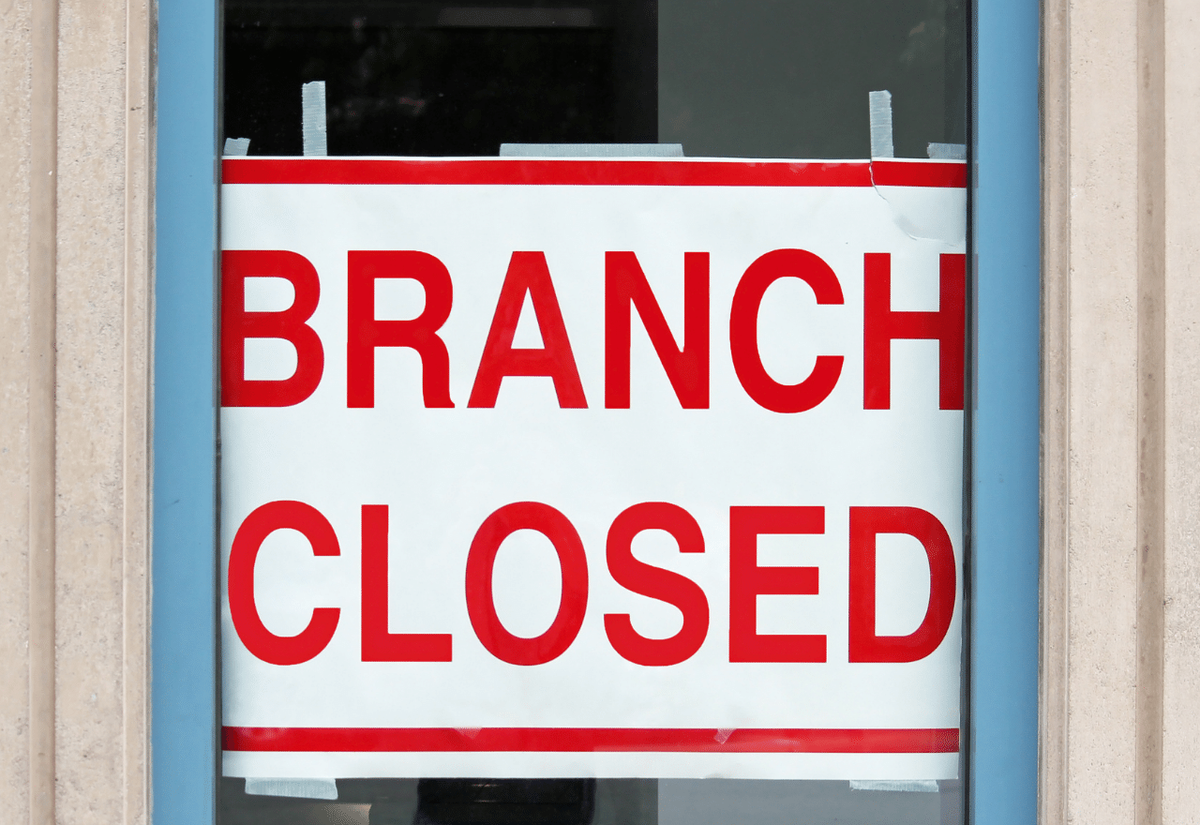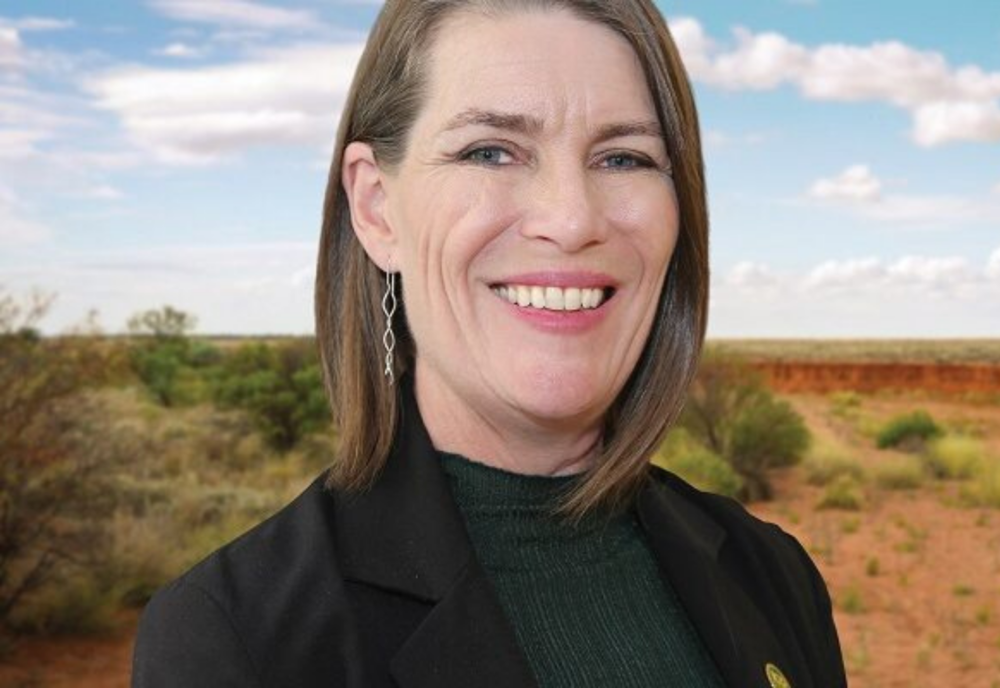Will a new federal taskforce take the banks to task over branch closures?
Lee O'Connor
31 October 2021, 8:10 PM
 A new Regional Banking Taskforce has been formed to investigate the impacts of regional branch closures.
A new Regional Banking Taskforce has been formed to investigate the impacts of regional branch closures.The reduction in banking services with branch closures and reduced service hours has traumatised small communities for the past couple of decades.
Now, following the recent closures of branches in places like Wee Waa and Molong the federal government is putting together a taskforce to find solutions to this compounding problem.
The Regional Banking Taskforce will assess the impacts of branch closures on regional businesses, industries and communities and bring key stakeholders together, including the banks themselves, to identify possible solutions.
 *Senator Perin Davey is Co-chair of the Regional Banking Taskforce with Assistant Treasurer Michael Sukkar.
*Senator Perin Davey is Co-chair of the Regional Banking Taskforce with Assistant Treasurer Michael Sukkar.
Co-chair of the Taskforce, Deniliquin-based Senator Perin Davey said that the government had looked at a number of ways to investigate the problem, including a Parliamentary Inquiry, but had decided on a Taskforce so that the focus could be on finding solutions.
"If we want to identify solutions we need to have people on board who will be part of those solutions, like the banks, Australia Post and local government," she said.
In the past month, 90 towns - including Bourke, Cobar, Condobolin, Coonabarabran, Coonamble, Nyngan and Warren in the western plains area - have been coming to terms with the move by the Commonwealth Bank to follow the NAB's example by slashing opening hours in rural branches, so that many towns are now left with morning-only services.
Senator Davey says that the impacts of this could also be considered by the Taskforce.
"We hadn't really thought about reduced hours," she said. "But reduced staffing is definitely being looked at, and finding ways to replace jobs that are lost."
She acknowledges that it is local businesses who often bear the brunt of cuts to banking services.
"The real impact is not so much on the individual. It's the pubs who want to bank their takings or the café who needs change for their customers."
"When you need advice on how your account is set up or what loan would be suitable there's something very much to be said about that personal touch."
"There is a lot you can't do online so we'll be looking at that loss of physical services and looking at how to fill those gaps," she said.
"We'll also be investigating what the impact is on business value, for example if you want to sell your bakery in a town where the bank branch has closed."
Senator Davey says she has spoken to representatives from the banking industry and "they are keen to be part of a solution, they want to keep their customers."
"Local government and business chamber representatives on the Taskforce will be regional representatives, that is a requirement," she said. "We need to hear from the people who will be impacted."
The Taskforce was due to hold their first face-to-face meeting at the end of October where they would work out a timetable for public roundtables.
An issues paper will be developed and members of the public invited to respond.
"We would like to get a report to Treasury by the end of the year, at least an Interim Report so we can start to focus on the solutions," Senator Davey said.
"It could be a combined model where banks work together with a third-party provider or there could be mobile alternatives - all the options are on the table."